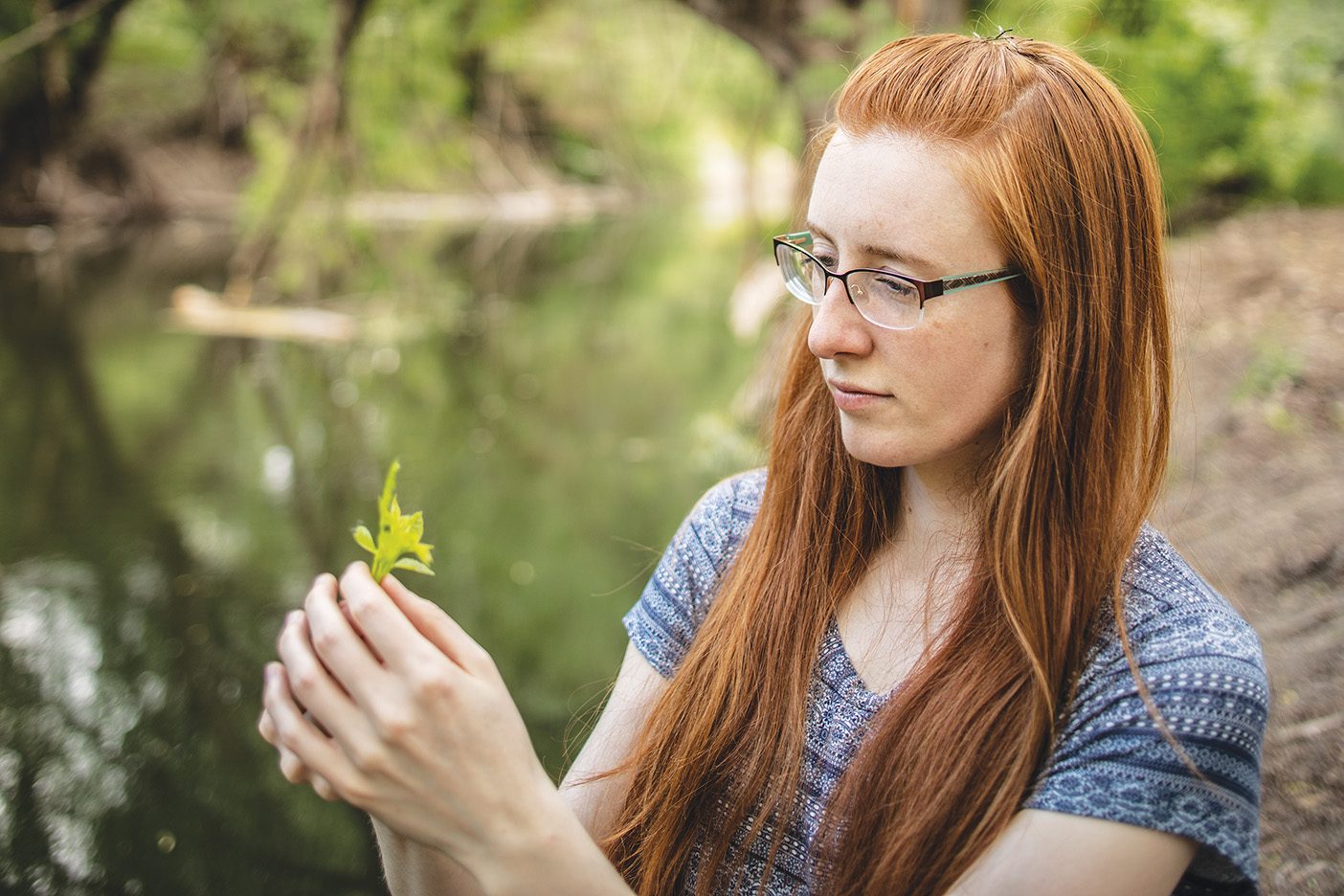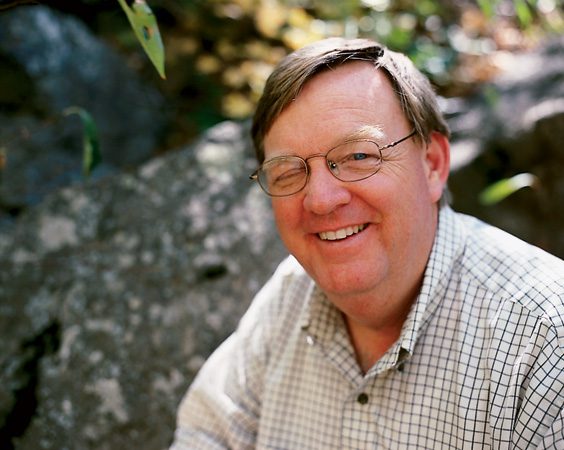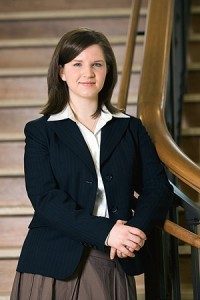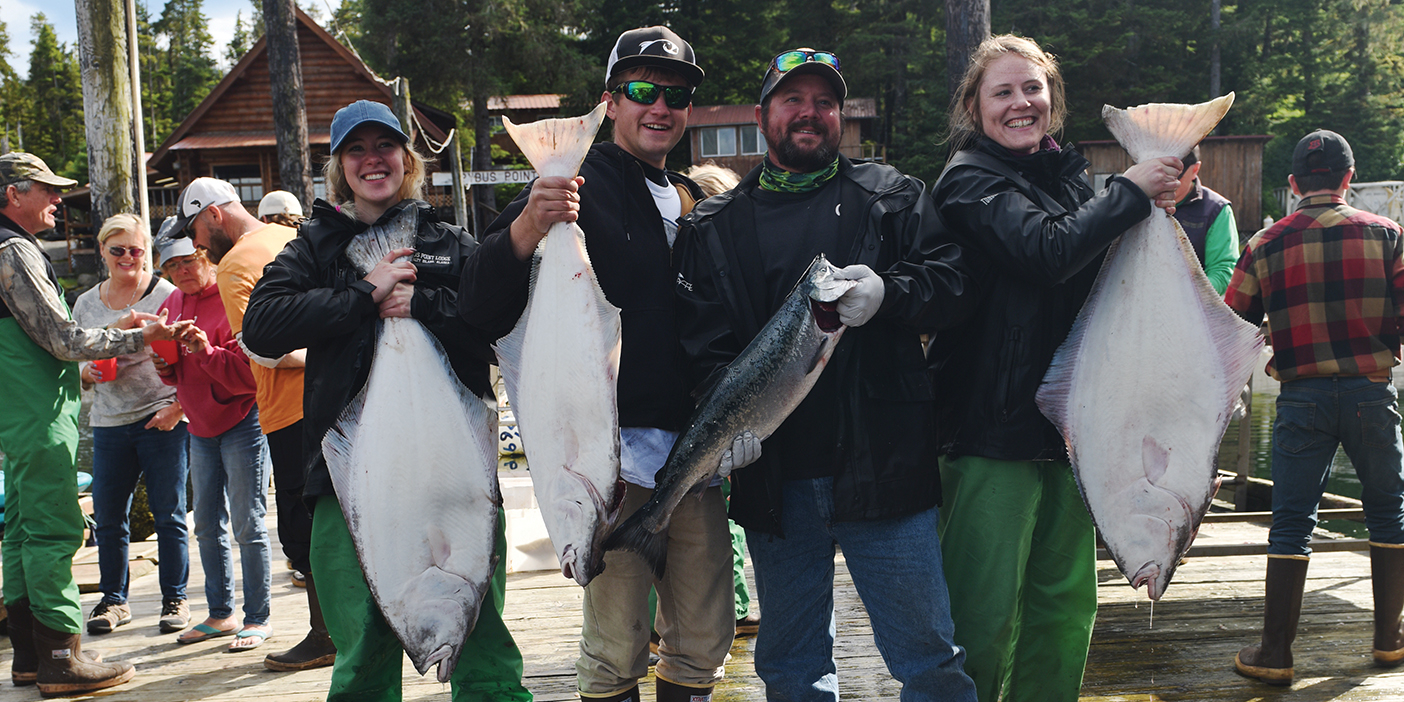
When rain threatened their field trip to central California’s San Luis Wildlife Refuge, Anne E. Thomas’s (BS ’18) fifth-grade classmates were upset because they might not get a day off of school. Thomas was upset too: “I literally cried,” she recalls with a laugh. But her tears came from fear of missing out on the refuge’s wetlands. The class did end up going, and even now, 13 years later, Thomas considers experiencing those rippling pools, the swaying grass, and the riparian trees as fundamental to her love of nature. “I remember sitting on the bank of the river with an umbrella, writing down impressions in my little notebook and feeling totally immersed—like in a reverie. I didn’t want to leave,” Thomas says. “I sat there until my legs fell dead asleep.”
Thomas, a June graduate in biodiversity and conservation as well as bioinformatics, still gets pumped for an outdoor field trip. Her environmental studies have taken her all over the world. And this fall she’s headed to the United Kingdom on a $160,000 Gates Cambridge Scholarship, becoming the fifth BYU student to receive the competitive award since its inception.
Thomas has come a long way from jotting down observations in a notebook. Nowadays she uses a computer to crunch large data sets, making predictive maps of species distributions across landscapes or models anticipating how much carbon plants will release into the atmosphere. At Cambridge Thomas will study historical biogeography, or how plants have adapted to past climate changes. Thomas, who served as president of BYU’s Earth Stewardship Club and has already cowritten letters to the United Nations, hopes this research will aid future conservation efforts.
“I feel really motivated to understand . . . places that are . . . threatened.” —Anne Thomas
After all, Thomas knows the earth’s diverse environments better than most. Through internships, a study abroad, and field research, she has experienced New Zealand’s temperate rainforests and towering fjords, Australia’s eucalyptus forests and resilient sea stacks, Fiji’s palm trees and bright reefs, and the meadows of Oregon’s Cascade Mountains. “[Traveling] opened my perspective on what ecosystems are, . . . like when you go to a foreign country, experiencing cultures,” Thomas says. “It made me more motivated to be aware of [and] involved in global conservation.”
Thomas’s mentor and biology professor Richard A. Gill (BS ’93) has seen that passion build since Thomas first walked into his office as a freshman five years ago. “Anne is someone who is quiet but really driven,” Gill says. “She came to BYU already focused and driven with what she wanted to do, and she’s done it.”
For Thomas passion seems too vague a word to truly describe the intellectual curiosity fueling her studies. “Maybe it comes down to empathy,” she says. “I feel really motivated to understand and do things for people or places that are valuable but threatened. . . . That’s what’s led me to do my best.”












